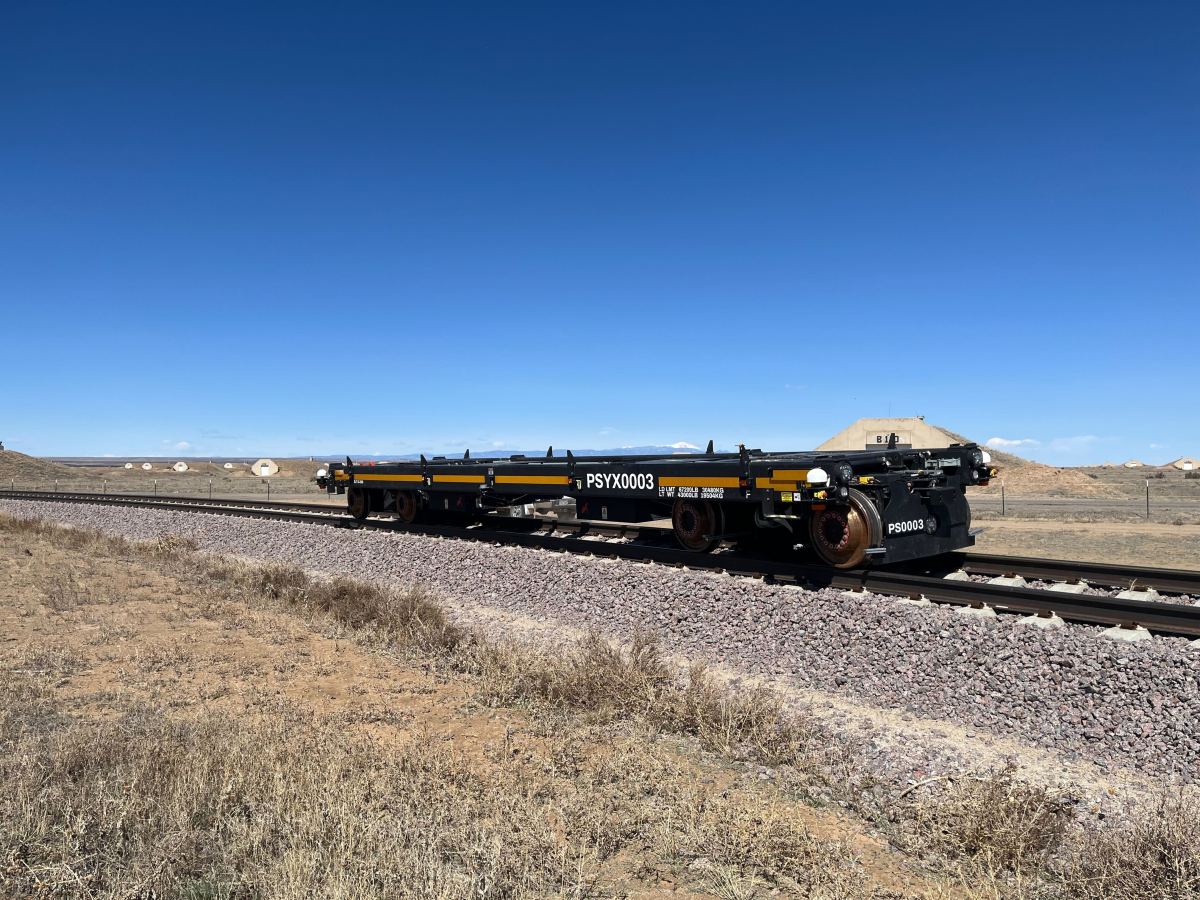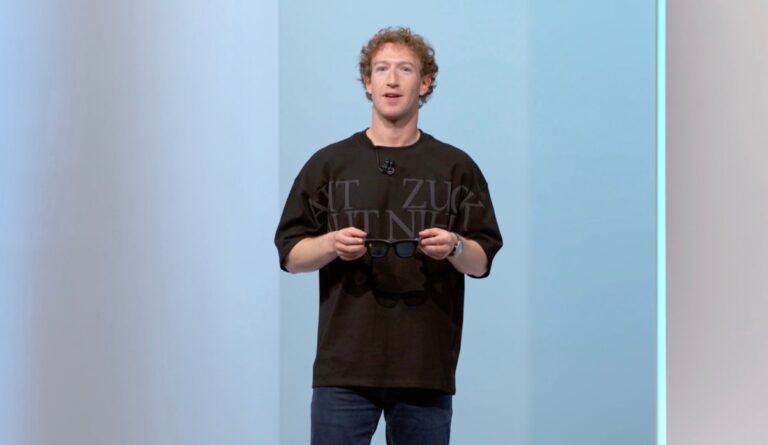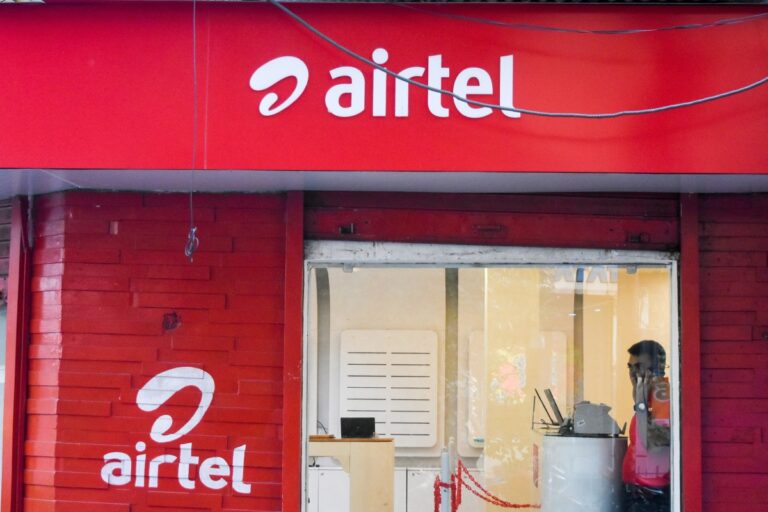Revolutionizing Short-Distance Freight: Parallel Systems Unveils Autonomous Electric Rail Solutions
The logistics industry in the United States heavily relies on trucks for transporting goods, accounting for approximately two-thirds of the 20.2 billion tons of freight moved each year. However, Parallel Systems, led by founder and CEO Matt Soule, is on a mission to revolutionize this landscape by introducing innovative, autonomous, and electric freight technology to the traditional railroad system.
Transforming Freight Transportation with Autonomous Technology
Based in Los Angeles, Parallel Systems is developing a battery-powered autonomous freight system that seamlessly integrates with existing freight cars and train control software. According to Soule, this groundbreaking approach aims to make rail transport more cost-effective than trucking for short-distance deliveries.
Addressing the Challenges of Traditional Rail Transport
Historically, rail transport has been underutilized due to the reliance on large, expensive locomotives capable of pulling multiple freight cars over long distances. As Soule explained to TechCrunch, businesses often gravitate towards trucks for shorter freight journeys.
- Autonomous Attachment and Detachment: Parallel Systems has created a technology that allows train cars to connect and disconnect autonomously. This not only enhances safety by removing the need for manual connections but also accommodates various delivery sizes.
- Improved Braking Systems: The technology enables freight cars to brake more effectively than traditional trains, enhancing safety and efficiency.
Innovative Solutions for Modern Freight Needs
Soule emphasizes that their approach focuses on achieving truck-competitive economics at a smaller scale, rather than replacing traditional freight trains. The design of the vehicles is compatible with existing rail infrastructure, allowing them to operate alongside conventional rail operations.
Recent Developments and Funding
Recently, Parallel Systems received approval from the Federal Railroad Administration to initiate pilot testing in Georgia. This program will test the technology along a 160-mile corridor from the Port of Savannah to various distribution sites across the state.
In addition, the company successfully raised $38 million in a Series B funding round, led by Anthos Capital and supported by Collaborative Fund, Congruent Ventures, and Riot Ventures. This brings their total funding to over $100 million, which will be directed towards commercialization efforts, with an eye towards launching their services in 2026.
Expert Insights on the Future of Freight Innovation
Sophie Bakalar, a partner at Collaborative Fund, noted that while Parallel Systems may not align perfectly with their typical investment focus, the potential impact on consumer companies makes it an intriguing opportunity. She remarked, “The team is uniquely positioned to tackle this challenge in a massive market.”
A Leader with Diverse Experience
While Soule lacks a direct background in rail, his extensive experience in regulated transportation, including 13 years at SpaceX, has equipped him with valuable insights into developing innovative technologies. “I became curious about how new technologies could benefit industries that have seen little innovation,” Soule stated.
Founded in 2020, Parallel Systems has made significant strides in developing its technology, focusing on commercialization and expanding its reach. As demand for alternative shipping solutions continues to grow, Soule expressed optimism about their global interest, primarily focusing on the U.S. and Australia initially.
Looking Ahead: The Potential Impact of Tariffs
With the U.S. currently navigating tariff uncertainties, Bakalar predicts a heightened demand for companies like Parallel Systems as businesses seek ways to minimize costs. “This represents a generational innovation in freight transport,” Soule concluded. “Such significant changes are rare in the industry, but we are addressing crucial needs.”
For more information, visit Parallel Systems and stay updated on the future of freight technology.







